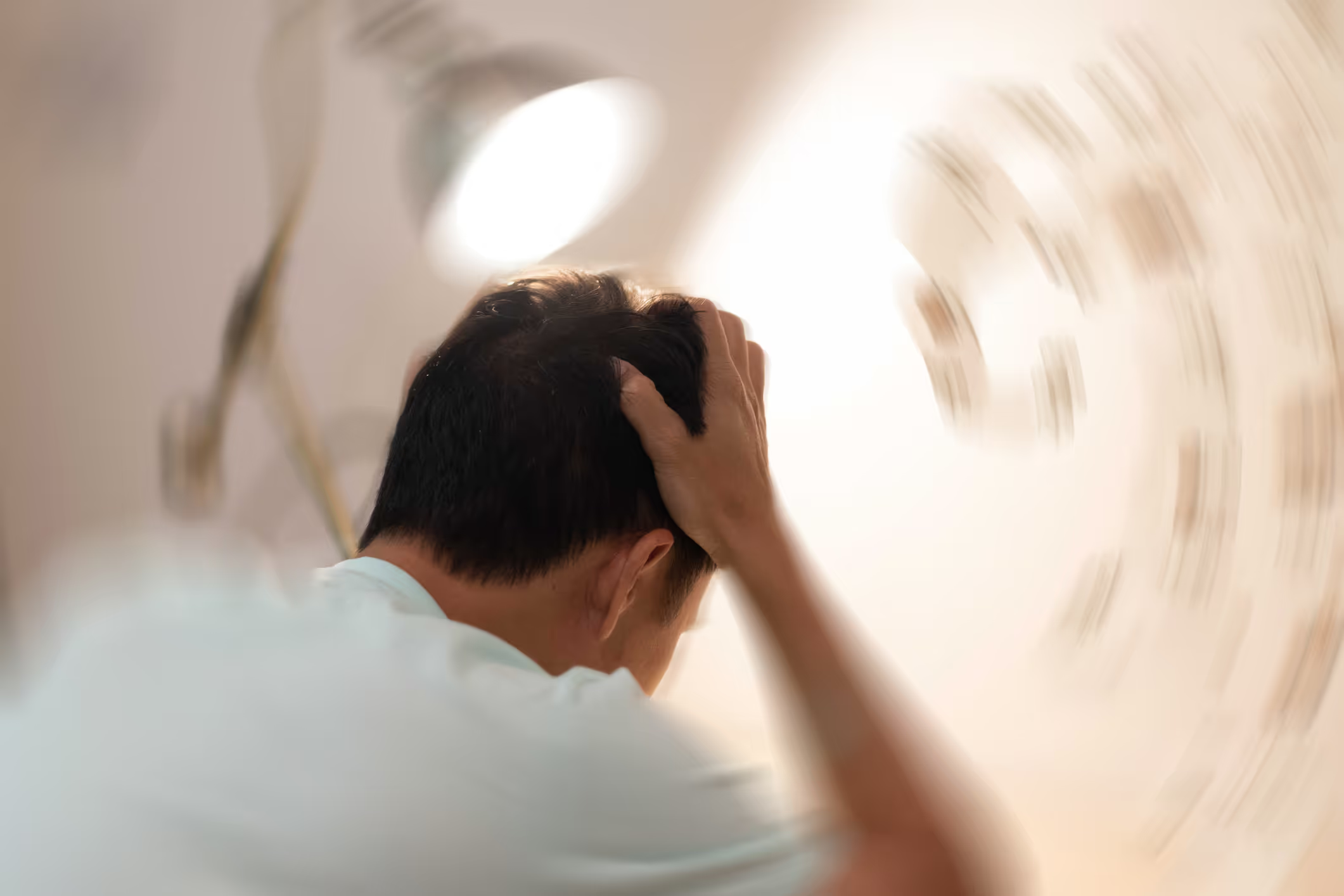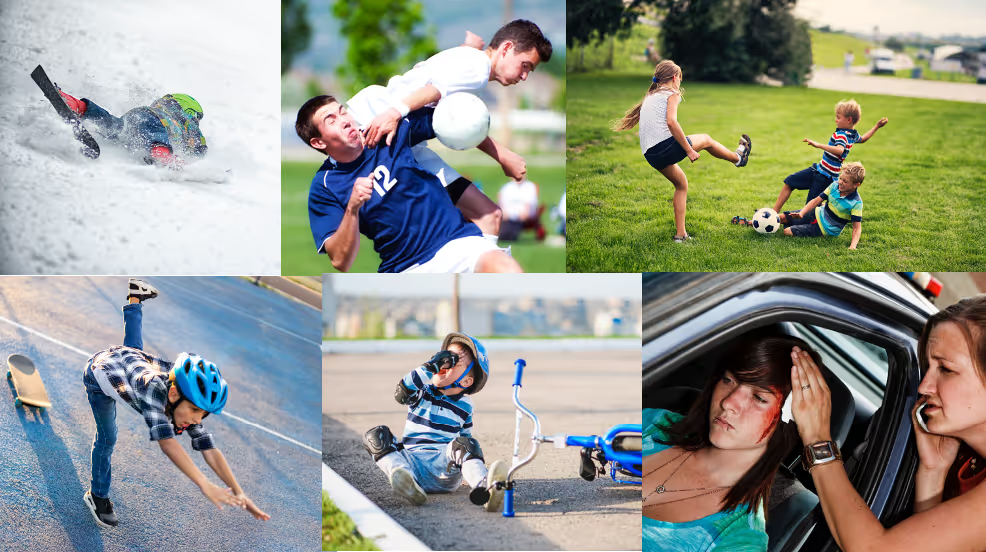Measurement of eye movements

Research shows that computerized measurement of targeted eye movements can provide a better objective measurement of cognitive function in individuals suffering from mild traumatic brain injury (mTBI), post-commotio syndrome. This type of advanced technology that measures eye movements and behavior serves as a tool for objectively measuring impairments in cognitive function that are not always apparent through traditional cognitive tests. The key findings from various studies suggest that eye tracking technology excels at detecting impairments in multiple cognitive domains, including attention, memory and processing speed - areas often affected by mild traumatic brain injury, post-commotio syndrome.
The benefits of eye tracking technology are its non-invasive nature and its ability to provide real-time, quantifiable data that reflects how a person's brain is functioning after an injury. Unlike subjective assessments that can be influenced by an individual's mood or effort, eye tracking technology offers a consistent and repeatable method of assessing cognitive function that doesn't rely on patient self-reporting or potential irregularities to the examiner.
Significantly, eye tracking technology can identify subtle changes in cognitive function that may be overlooked by more traditional methods. For example, metrics derived from eye tracking such as fixation duration, saccadic movement and pupil dilation are indicative of the underlying cognitive processes and can be used to infer deficits in information processing and attentional control.
By providing objective data, eye tracking technology can help us tailor neurological rehabilitation to individual needs. In addition, it can be used in a clinical setting to monitor how the brain and nervous system respond to the tailored neurological rehabilitation based on objective evidence of cognitive improvement.
Reference list:
- Hillary C. Pearson et al, 2023. Using eye-tracking technology to measurecognitive function in mild traumatic brain injury: A scoping review. Journal ofconcussion, vol 7: 1-15.


